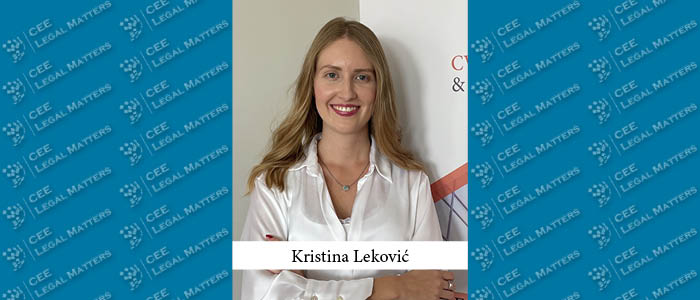The past few months in Serbia have seen significant public attention focused on two media laws: the Law on Public Information and Media and the Law on Electronic Media. Various opinions have been expressed, with the government of the Republic of Serbia, specifically the Ministry of Telecommunications and Information, as the formal proposer of these contentious amendments, while independent journalist associations have taken the opposite stance. On October 26, 2023, the National Assembly passed and adopted these amendments. Less than a decade after significant changes, these two crucial media laws have come under scrutiny to align with international standards of freedom of expression.
The work on amending these laws, which regulate the media landscape in Serbia, is a result of Serbia's obligation to harmonize its domestic legislation with the regulations and legal accomplishments of the European Union. The proposer of the laws, the Ministry of Telecommunications and Information, has considered them essential regulations whose main value lies in their compliance with European directives.
The key changes to these laws that have generated and continue to generate significant debates are discussed in the following part of this article.
Regarding the amendments to the Law on Public Information and Media, the differences in interpretation of provisions related to the authority of the Press Council in the process of allocating budget funds to media outlets and provisions determining who can be a media publisher represent central points of contention between some media organizations and government representatives.
The Law on Public Information and Media defines who can be a media publisher. According to the disputed provision, the publisher of media cannot be the Governmental bodies but it can be a legal entity in public ownership, provided it does not receive state aid or engage in activities of general interest. Journalist associations see this as an indirect return of media ownership to the state.
A similar situation arises for media whose publishers are institutions founded by National councils of minorities. These media outlets face the most significant pressure from their founders because the institution's founder appoints the governing bodies of the media publisher.
Independent journalist organizations view this move as a step backward compared to a period about a decade ago when the state decided to withdraw from the media sector, especially during the privatization of media.
The Law on Public Information and Media, among other things, contains a section regulating the co-financing of projects in the field of public information to serve the public interest. It envisages that one of the criteria for project evaluation should be the extent through which the project will be implemented adheres to professional and ethical standards.
Journalist associations highlight that this provision is discriminatory since some media outlets will have to adhere to a code of ethics, while others will have a blank check from the state to violate professional ethical standards without facing any sanctions.
Regarding the Law on Electronic Media, on the other hand, the addition of two paragraphs to Article 122 has caused the most dissatisfaction. It mandates operators to number channels as stipulated by law, with an obligation to place “Public service programs” in the first three slots, followed by television stations with national frequency. What is also contentious is that if operators fail to reach an agreement on pricing with these television stations, the Regulatory Body for Electronic Media will determine the price.
Another crucial amendment relates to the selection of members of the Regulatory Body for Electronic Media (REM), which will now be chosen by the National Assembly but based on proposals from Republic Ombudsman, Commissioner for Equality, Commissioner for Public Information and Personal Data Protection supporting in this way, its independent status.
The members of the REM chosen in accordance with the previous Law on Electronic Media will continue to perform their duties until one year after the entry into force of this law. New members of the REM will be selected before the term of the current members expires.
The new law also defines inappropriate content for underaged population. Additionally, the REM will have the authority to carry out inspections of media operations.
It is essential to analyze these new media laws and its provisions in the context of approaching general ellections in Serbia. Only the time will tell whether they will turn out to be a stumbling block or a stepping stone for media freedom.
By Kristina Lekovic, Associate, Cvjeticanin & Partners



